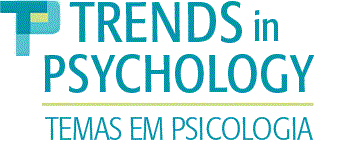Abstract
The aim of this article is to analyze the changes in public policy against child labor introduced by the Brazilian government. The democratic processes of the 1980s in defense of social equity and justice, and the partnership with international organizations resulted in the ratification of international guidelines, the creation of specific legislation and the development of public policy against child labor in the 1990s. The result of this process was the Child Labor Eradication Program (PETI), which combined income transfer and education. Despite national and international criticism, its continuation was strongly supported for its contribution to the eradication of child labor. However, starting in 2005, the Brazilian government implemented a series of legislative changes in a supposed attempt to improve managerial effectiveness. The PETI was extinguished and replaced by an income transfer policy with a focus on poverty. Education and child labor, whose existence was mainly attributed to poverty, ceased to be the focus of public policy. Other policies followed a similar trajectory, emphasizing family rather than individual protection and assistance, through fragmented social services with a focus on extreme poverty, community surveillance, and universal access to education.
Keywords:
Child labor; public policy; education
